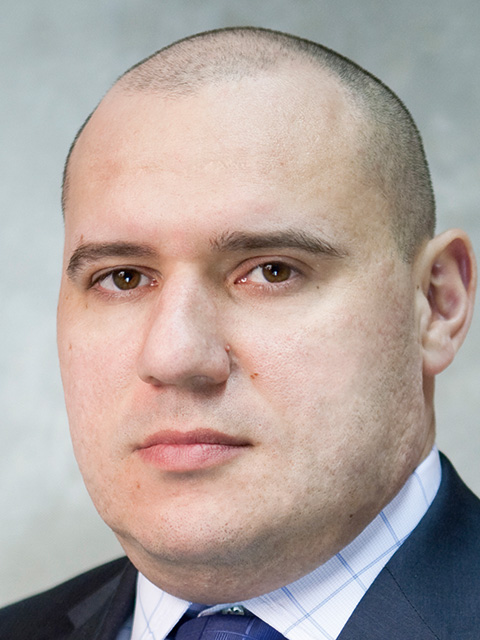Providing Medications to the Russian Population
Increasing availability of high-quality medications, especially in outpatient settings should become a priority for the development of healthcare in the Russian Federation for the coming years. This would alleviate illness complications and decrease the use of more expensive types of medical assistance, as well as ease the financial burden on families. Today, only a limited number of individuals have access to medications in outpatient settings in Russia, with this expenditure (both budgetary and individual) representing 17% of the total spending on medications. In the EU countries this figure is three-fold larger with state co-financing at least 50%. Addressing this issue will help patients and provide a powerful, targeted stimulus for the development of the pharmaceutical industry and science in Russia. How important is it to increase the volume of free medicines provided in outpatient settings, and what share of the cost should be borne by individuals? Should the structure of the pharmaceutical consumption in Russia undergo changes? Which medicines are vital to ensure that the quality of care in Russia meets international standards? What legal barriers must be removed to increase the efficiency of state procurement of medicines – from the perspective of manufacturers, distributors and consumers (state and medical organizations)? Can players in the pharmaceutical market propose breakthrough solutions for providing medications to the Russian population?
Moderator
Dmitry Khalilov,
Partner, Head of the Group for the Provision of Services to Enterprises of the Consumer Goods Sector, CIS, EY
Panellists
Aleksandr Apazov,
President, National Pharmaceutical Chamber
Vasily Ignatiev,
General Director, R-Pharm JSC
Svetlana Karimova,
President, ‘Genetica’ National Association of Organizations of Patients with Rare Diseases
Alexey Kolbin,
Professor of the Department of Pharmacology, St. Petersburg State University
Mikhail Maschan,
Director, Institute of Haematology, Immunology and Cell Technologies, Dmitry Rogachev National Research Centre of Paediatric Haematology, Oncology and Immunology
Nathalie Moll,
Director-General, European Federation of Pharmaceutical Industries and Associations (EFPIA)
Oksana Monge,
General Manager of Prescription Business Unit, Sanofi in Russia and Belarus
Mikhail Murashko,
Head, Federal Service on Surveillance in Healthcare
Galina Novichkova,
Chairperson of the Board, Foundation for Support and Development in Children’s Haematology, Oncology, and Immunology ‘Doctors, Innovations, Science for Children’
Irina Panarina,
General Manager, Russia and Eurasia, AstraZeneca
Guzel Ulumbekova,
President of the Board, Association of Medical Societies for Quality of Medical Care and Medical Education; Head, Higher School of Healthcare Organization and Management
Niels Hessmann,
General Director, Bayer; General Representative, Russia and CIS, Bayer
Vladimir Shipkov,
Executive Director, Association of International Pharmaceutical Manufacturers (AIPM)















